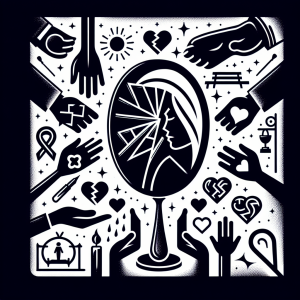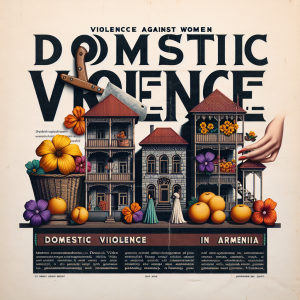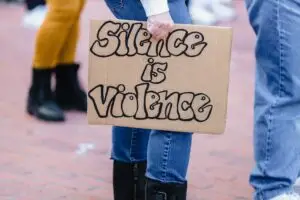Title: A Ray of Hope: Domestic Violence Shelters Providing Safety and Support Near You
Introduction:
Domestic violence is a pervasive issue that affects countless individuals worldwide. It encompasses various forms of abuse, such as physical, emotional, sexual, and financial, and can have devastating effects on the victims and their families. Thankfully, there are organizations and domestic violence shelters that provide a ray of hope by offering safety, support, and resources to those in need. This article explores the importance of domestic violence shelters and highlights the services they provide, emphasizing their potential to be a lifeline for victims seeking escape and healing.
Understanding Domestic Violence Shelters:
Domestic violence shelters play a vital role in assisting survivors in their journey towards safety and recovery. These shelters typically offer a safe haven for victims to escape their abusive homes, providing them with secure accommodations to protect their well-being.
While each shelter operates differently, most offer a comprehensive range of services aimed at addressing the immediate and long-term needs of survivors. Among these services are 24/7 hotlines, crisis intervention counseling, legal advocacy, case management, support groups, and access to healthcare.
The Importance of Domestic Violence Shelters:
1. A Safe Space: Domestic violence shelters provide a physically safe and secure environment for survivors, ensuring they can rebuild their lives free from the threat of abuse.
2. Confidentiality: Shelters prioritize privacy and confidentiality, understanding the sensitivity and delicate nature of domestic violence cases. Survivors are provided with the assurance that their identities and locations will remain undisclosed to protect them from further harm.
3. Supportive Services: These shelters have highly trained staff and volunteers who offer emotional support, counseling, and guidance to survivors. They help victims navigate the complex legal processes, secure temporary restraining orders, and connect them with resources such as job training and childcare facilities.
4. Community and Networking: Shelters foster a sense of community and provide survivors with opportunities to connect with individuals who have experienced similar situations. This communal support contributes to the healing process and helps survivors regain their sense of self-worth.
5. Education and Empowerment: Domestic violence shelters aim to educate survivors about healthy relationships, recognizing warning signs of abuse, and building self-esteem. By providing resources and empowering survivors, they equip them with the tools needed to break the cycle of violence and establish violence-free futures.
Finding a Domestic Violence Shelter Near You:
If you or someone you know is in immediate danger, please call emergency services. Additionally, there are several ways to find domestic violence shelters near your location:
1. Hotlines: Many domestic violence shelters operate hotlines that are available 24/7. These hotlines are staffed by trained professionals who can offer immediate assistance and guidance. They can provide you with information about nearby shelters and services suitable for your specific circumstances.
2. Online Databases: Numerous websites have compiled databases of domestic violence shelters across various regions. By conducting a simple search using keywords such as “domestic violence shelters” or “safe houses near me,” you can find comprehensive lists of shelters along with their contact information.
3. Local Resources: Community centers, social service agencies, and medical centers might have information about local shelters available. Reach out to these organizations for guidance and recommendations.
Frequently Asked Questions:
1. How can I prepare to leave an abusive situation and seek refuge in a shelter?
– Create a safety plan: This may involve organizing important documents, packing essentials, and identifying a trusted confidant to help you through the process.
– Reach out to a domestic violence hotline or local shelter for guidance on the steps to take and resources available.
2. Will I be safe at a domestic violence shelter?
– Shelters prioritize the safety and confidentiality of survivors. They have security protocols in place, and staff members are trained to handle emergencies and provide support.
– Staff can help survivors obtain legal protection, such as obtaining restraining orders, to further enhance their safety.
3. Are domestic violence shelters only for women?
– No, domestic violence shelters welcome individuals of all genders and orientations who are escaping abusive situations.
4. Is there a cost associated with staying at a domestic violence shelter?
– Domestic violence shelters typically provide their services free of charge, ensuring that financial barriers do not prevent survivors from accessing help.
Conclusion:
Domestic violence shelters serve as beacons of hope for individuals trapped within abusive relationships. By offering safe spaces, supportive services, education, and empowerment, these shelters empower survivors to regain control of their lives, escape the vicious cycle of violence, and build brighter futures. If you or someone you know is experiencing domestic violence, reach out to a shelter or hotline. Remember, there is always hope, and help is just a phone call away.





















